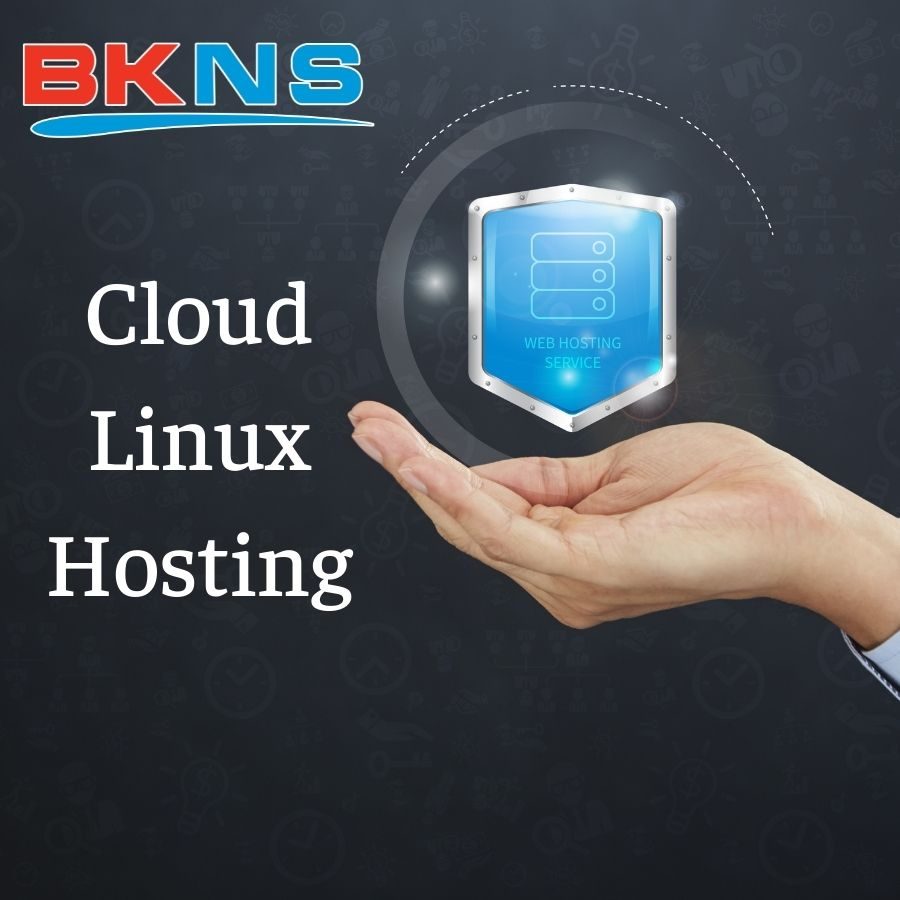Hosting Linux Cpanel What is Cpanel?

cPanel hosting is a Linux web hosting that has cPanel pre-installed. cPanel has its pros and cons, but for most cases it works well. So cPanel is a good choice for everyone who is looking for a control panel solution for hosting. You can refer to our review:
Advantage:
- Easy to learn
- Easy to use
- Save you time and money
- Thoroughly tested
- Has an automatic installer
- Many tutorials/articles online
Defect:
- There are many unnecessary features
- It's easy to accidentally change important parameters
- Some hosts run old cPanel versions
- More expensive because usually cPanel is not included in free hosting packages
cPanel User Guide: How to Use cPanel
In this section, we'll walk you through using cPanel, by going through each section of cPanel's interface. Each cPanel installation comes with different features, but the good news is that you can browse around to understand its sections, and everything is organized very easy to understand. When you log in, you'll usually see your hosting's resource usage stats (like CPU usage, free disk space, memory usage). This information will help you keep an eye on the overall performance of your website.
Once you get used to it, look for other items. Take a look at the image below, which is our cPanel and a typical cPanel module screen.
Modules files:

These modules allow you to directly upload and manage files from within cPanel without the need for an FTP client account. You can set the security level, backup and more. The most common modules are:
- Backup
- Backup Wizard
- Directory Privacy
- Disk Usage
- File Manager
- FTP Accounts
- FTP Connections
- Images
- Web Disk
Preferences:

This is where you customize the look and feel of your cPanel to make it easier on the eyes. The most common modules are:
- Change Language: change cPanel language
- Change Main Domain: change domain name
- Getting Started Wizard: the process when you first use it
- Manage Resources: Manage Resources
- Shortcuts
- Update Contact Info: update personal information
- Video Tutorials: video tutorials
Databases:

If your website has a content management system (CMS), then it needs a database to store articles, settings, and other information. This section is completely related to database management. The most common modules are:
- MySQL Database Wizard
- MySQL Databases
- phpMyAdmin
- Remote MySQL
Web Applications:

This is where you usually need to go to install the necessary applications. It covers everything from blogs to portals to CMS and forums. Common modules are:
- Drupal
- Joomla!
- phpBB
- WordPress
Domains:

Often webmasters need to use one hosting to manage multiple sites or to set up subdomains and redirects. This is where webmasters manage those issues. The most common modules are:
- Addon Domains
- Aliases
- DNS Manager
- Preview Website
- Redirects
- Subdomains
Metrics:

If you are running a website and are interested in its traffic statistics. So you need to find this Metrics area. This area is to give you all the statistics that can help you evaluate the website's performance. Common modules are:
- Awstats
- Bandwidth
- CPU and Concurrent Connection Usage
- Errors
- Raw Access
- Visitors
- Webalizer
- Webalizer FTP
Security:

Security is a top priority for many webmasters, especially if your website contains sensitive information such as usernames, passwords, and financial information. This module will help you manage security related issues, making your website more secure. The most common modules are:
- Hotlink Protection
- IP Blocker
- Leech Protection
- SSH Access
- SSL/TLS
Software:

This module mainly uses many PHP and Perl software, ordinary users do not need much of these features. The most common modules are:
- Softaculpis Apps Installer
- Optimize Website
- Perl Modules
- PHP PEAR Packages
- CloudFlare
- PHP Version Selector
Advanced:

As the title says, these parameters are intended for professional users. The most popular modules:
- Apache Handlers
- Cron Jobs
- Error Pages
- Indexes
- MIME Types
- Track DNS
Email:

Not all web hosting includes email, but if your hosting plan includes both email and cPanel then this section is for Email management. The most common modules are:
- Address Importer
- Apache SpamAssassin
- Autoresponders
- Default Address
- Email Wizard
- Encryption
- Forwarders
- Global Filters
- MX Entry
- Track Delivery
- User Filters
cPanel is a control panel of the most popular Linux-based web hosting in the world. It is a web hosting management software, you can look up parameters such as server configuration, website performance. You can also customize your website's settings through modules like Files, Preferences, Databases, Web Applications, Domains, Metrics, Security, Software, Advanced and Email.
cPanel hosting means Linux web hosting with cPanel pre-installed. This convenience has made it one of the popular choices of webmasters. But there are many other control panels out there, so if you don't like cPanel, you can still find other control panels that better suit your needs.
Now that you know what cPanel is, let's share some experiences. Have you tried any other Linux Cpanel Hosting websites? Which control panel do you like to use the most? Let us know by leaving a comment below!
Maybe you are interested:






Post a Comment
Post a Comment